Some people seem to have no trouble shedding pounds and keeping them off, while others (like myself) have to work hard every day just so we don’t go from “kinda chubby” to “fat as a house.”
Diet is a huge part of weight loss, and just about everyone knows that cutting down on sugar is one of the most effective things you can do to slim down.
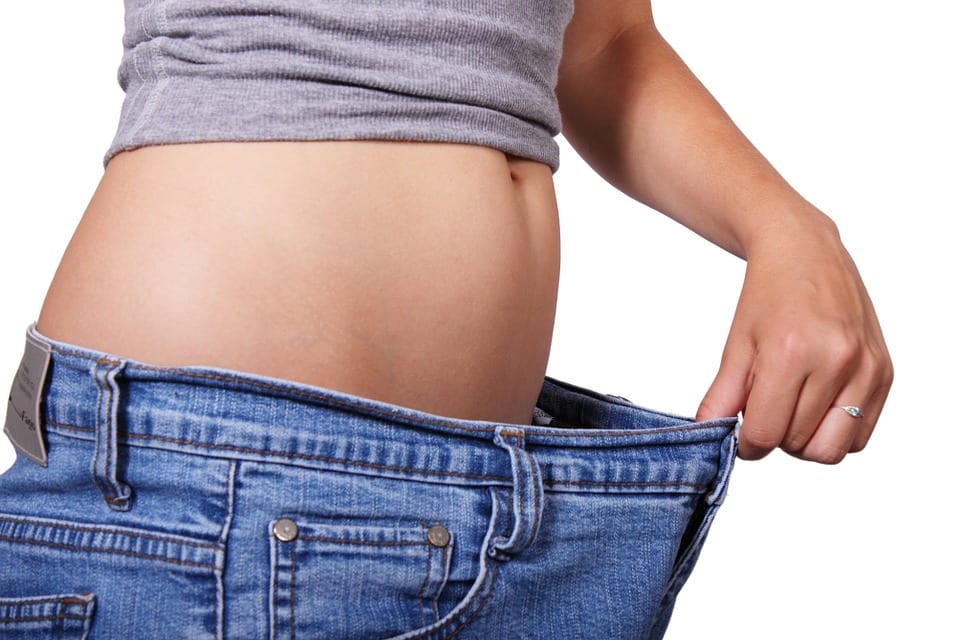
Photo Credit: Pixabay
Sadly, that’s easier said than done since sugar seems to be in just about everything these days.
In the last few decades, however, we’ve seen the rise of artificial sweeteners that promise to provide that same sweetness we crave, but with barely a fraction of the calories that regular sugars have (or no calories at all).
Naturally, our sweet-toothed society took an instant liking to these sweeteners, and they were widely touted as bringing an end to the obesity epidemic while still keeping everything tasty!
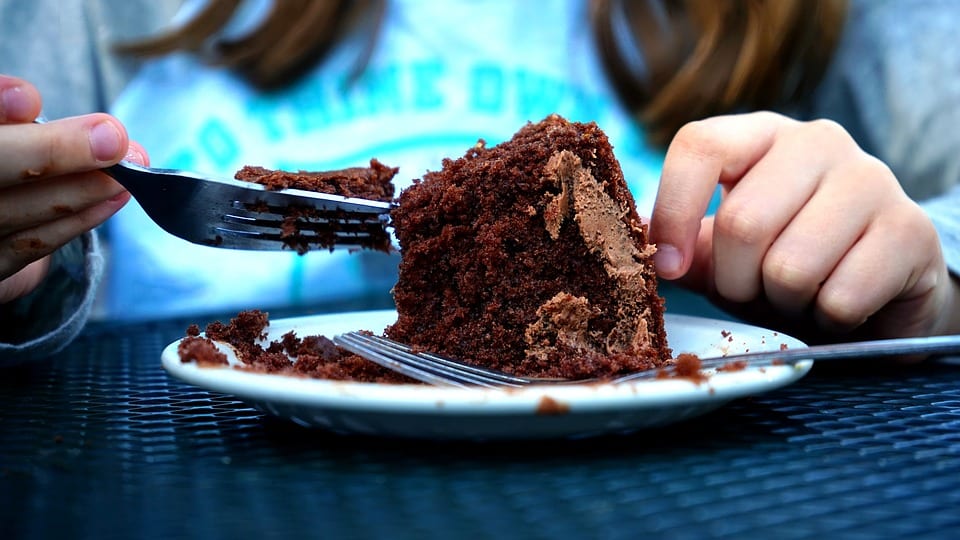
Photo Credit: Pixabay
Artificial sweeteners have been around for quite some time now, and as a result, we’re all in great shape today, right…?
Apparently, the obesity epidemic never got the memo, because we’re still collectively fatter than ever.
So, what gives? Are low-cal/no-cal sweeteners lying to us about the calories or is something else going on?

Photo Credit: Pixabay
Sugar and Insulin
In order to understand what might be happening, let’s first get a quick understanding of how the body processes regular sugars.
When sugar enters your body, it is converted to glucose for easier absorption into the cells, where it provides energy.
When you eat something (especially sweets), glucose levels in your bloodstream rise up, and the body produces insulin to keep blood sugar in the normal range.
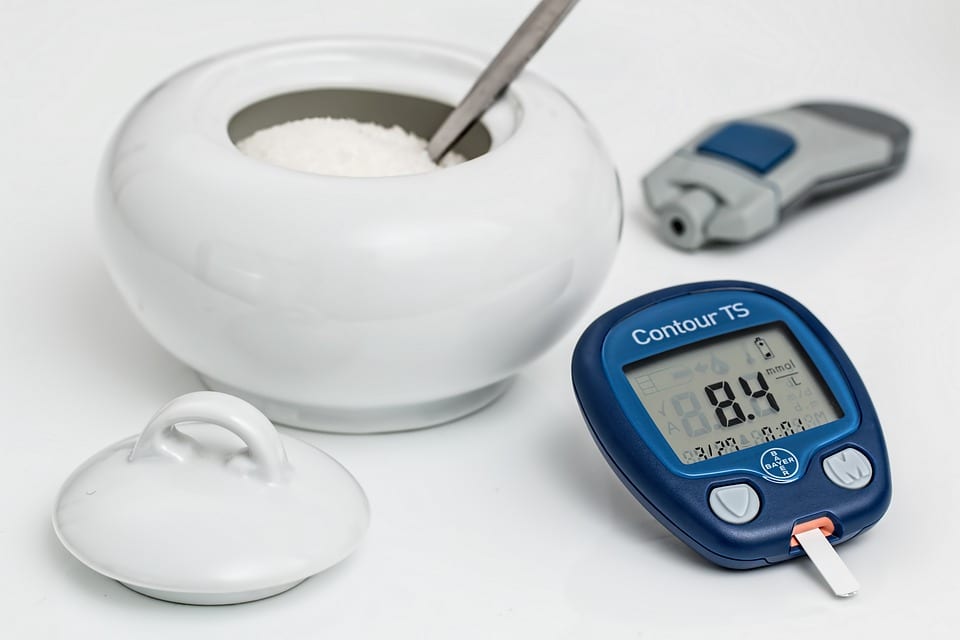
Photo Credit: Pixabay
When you eat way too much sugar, the body initially produces more insulin to compensate. A sweet treat here and there won’t end the world, but excessive sugar consumption over an extended period of time can result in insulin resistance, where the body can’t properly regulate blood sugar levels anymore.
Left unchecked, insulin resistance leads to pre-diabetes, which can eventually develop into type 2 diabetes.
Sweet Little Lies
So how do artificial sweeteners fit into this picture?
Although they are, in fact, calorie-free, they aren’t consequence-free. Studies show that consuming large quantities of artificial sweeteners over a sustained period of time significantly increases the risk of developing insulin resistance and diabetes.
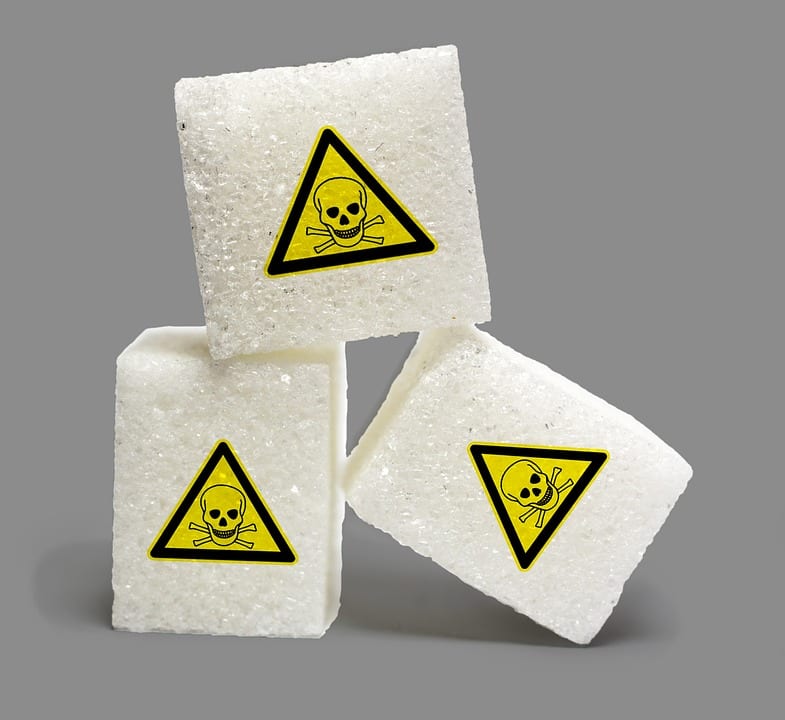
Photo Credit: Pixabay
Although the science behind how/why still isn’t fully settled, the prevalent theory is that tasting something sweet on your tongue signals the brain that it’s time to switch on insulin production to manage the incoming sugar.
But with artificial sweeteners, there is no actual sugar coming in for that insulin to do its work on… so it just kinda hangs out in your bloodstream.
Repeat this process often enough with a steady diet of artificially-sweetened junk food and bam! You’ve got insulin resistance and, eventually, full-blown diabetes.
Artificial sweeteners are also indigestible by nature – they have no calories because they pass right through your body. However, they do spend some time in the digestive tract, where they can potentially affect your gut microbiome.
This can cause a variety of generally unpleasant hormonal changes, as well as our old friend, insulin resistance.
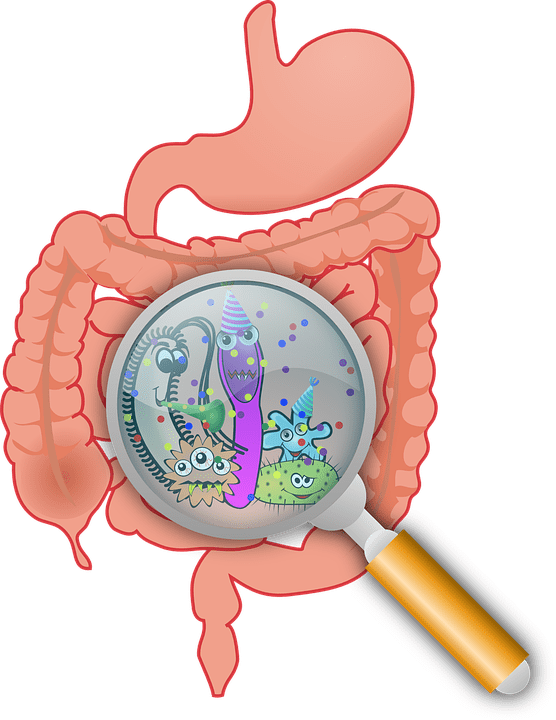
Photo Credit: Pixabay
Making matters worse is the fact that artificial sweeteners are often exponentially sweeter than sugar. They also light up a different reward pathway in the brain – meaning that even though it still signals for the production of insulin, the brain can tell when it’s not getting real sugar.
This could potentially create a situation where your taste buds are developing an ever-greater tolerance for sweetness without the actual satisfaction that sugar gives, making sugar cravings stronger and more frequent.
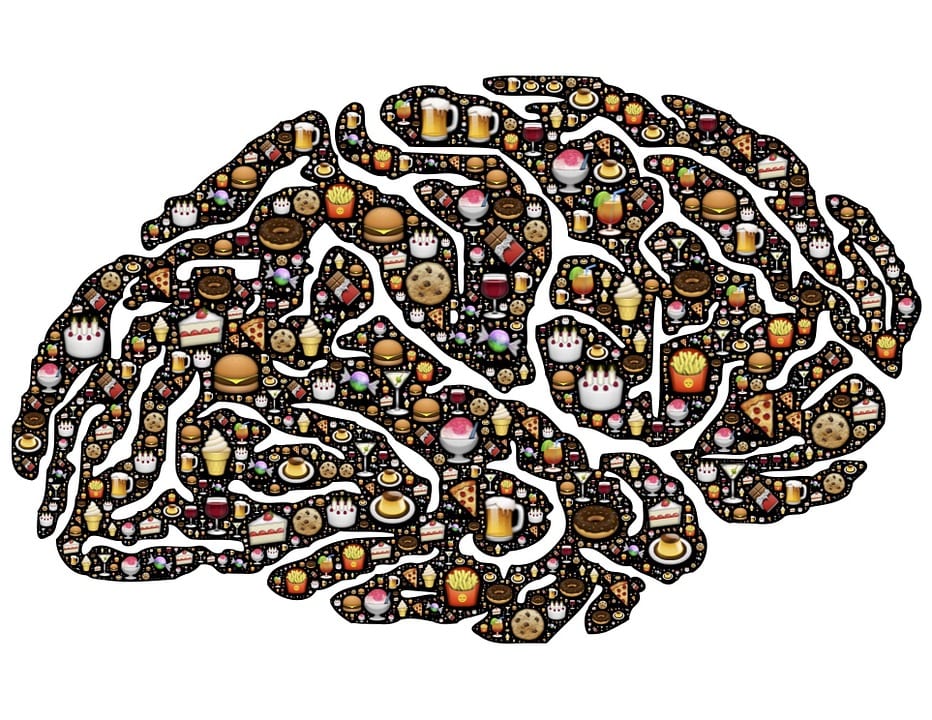
Photo Credit: Pixabay
Finally, artificial sweeteners can also cause negative health effects in somewhat indirect ways. The increased tolerance to sweetness can also potentially cause you to find healthier foods – including sweet ones like fresh fruit – to be too bland. Since your drink is calorie-free, you may also feel justified to eat some other junk food that you wouldn’t have had otherwise.
Bittersweet Truth
While artificial sweeteners save you calories, it’s clear that they’re doing plenty of damage in other ways. That’s without even considering the widespread controversy about allegations that these sweeteners may be carcinogenic.
The promise of sweetness that has no consequences seems too good to pass up, but that’s the thing about things that sound too good to be true – they never are.

Photo Credit: Pixabay
At the end of the day, there’s no magic pill for being healthy.
You should cut down on your sugar, but don’t just replace it with artificial sweeteners – actually cut down on your sweets.
You don’t have to completely deprive yourself either, just remember the wisdom of the ancients: all things in moderation.






